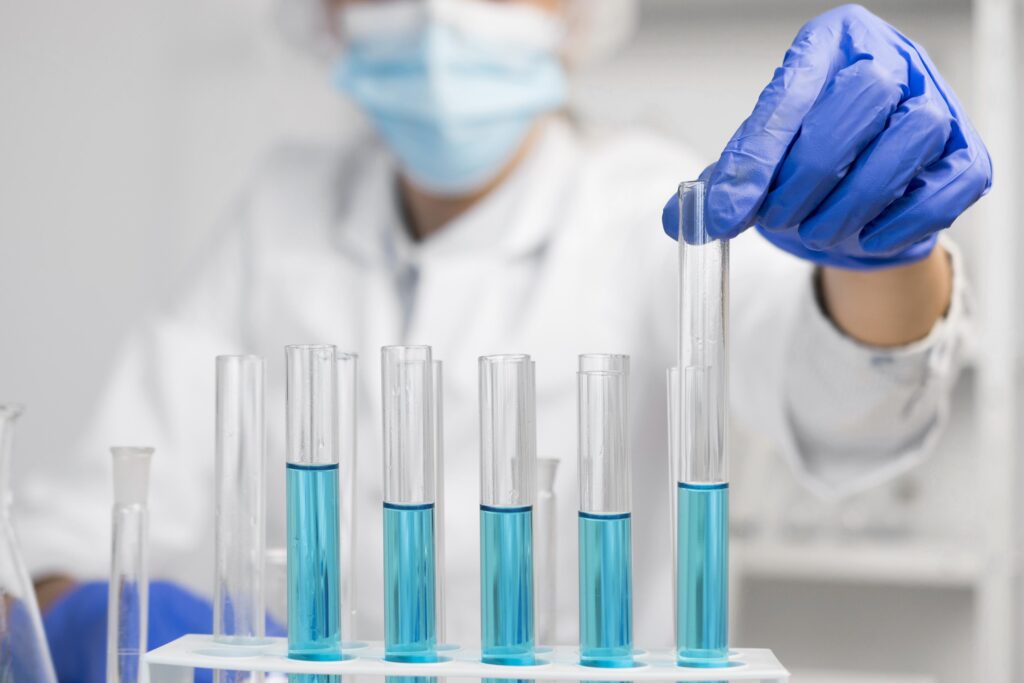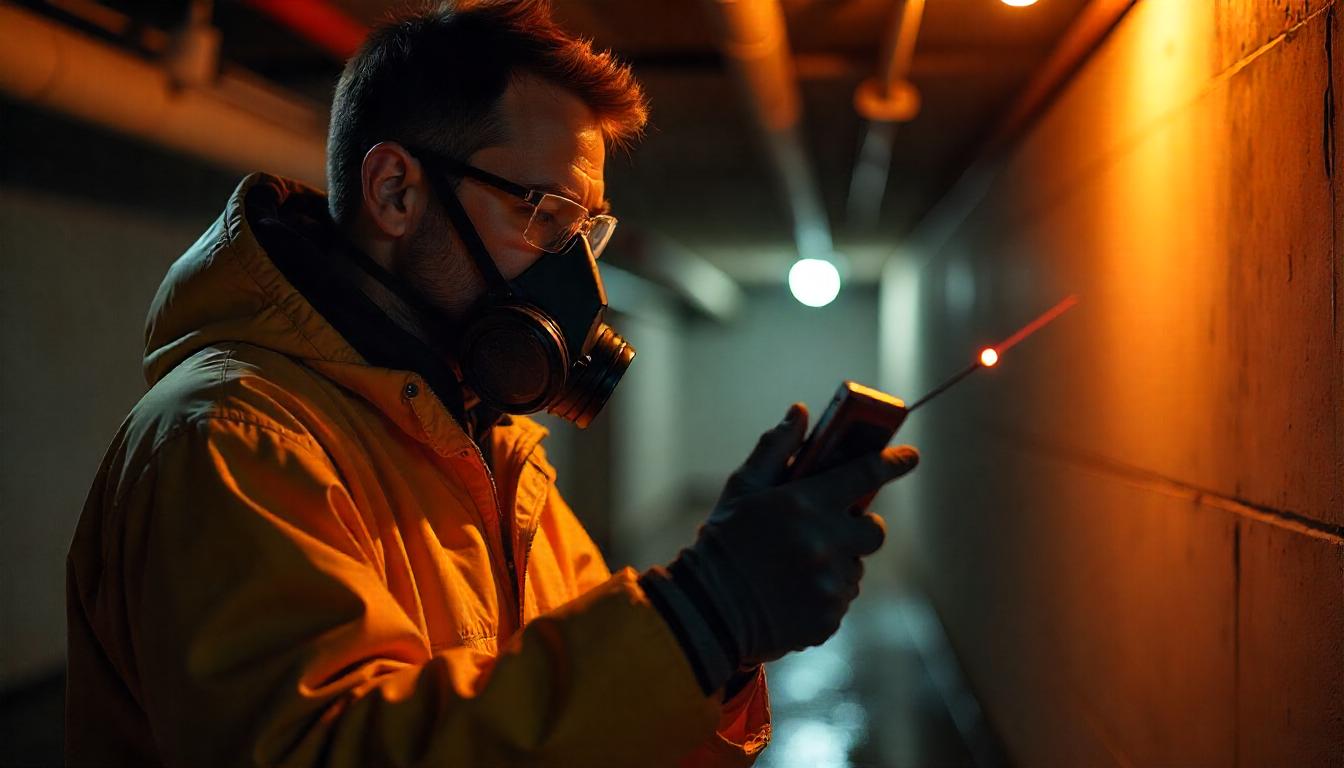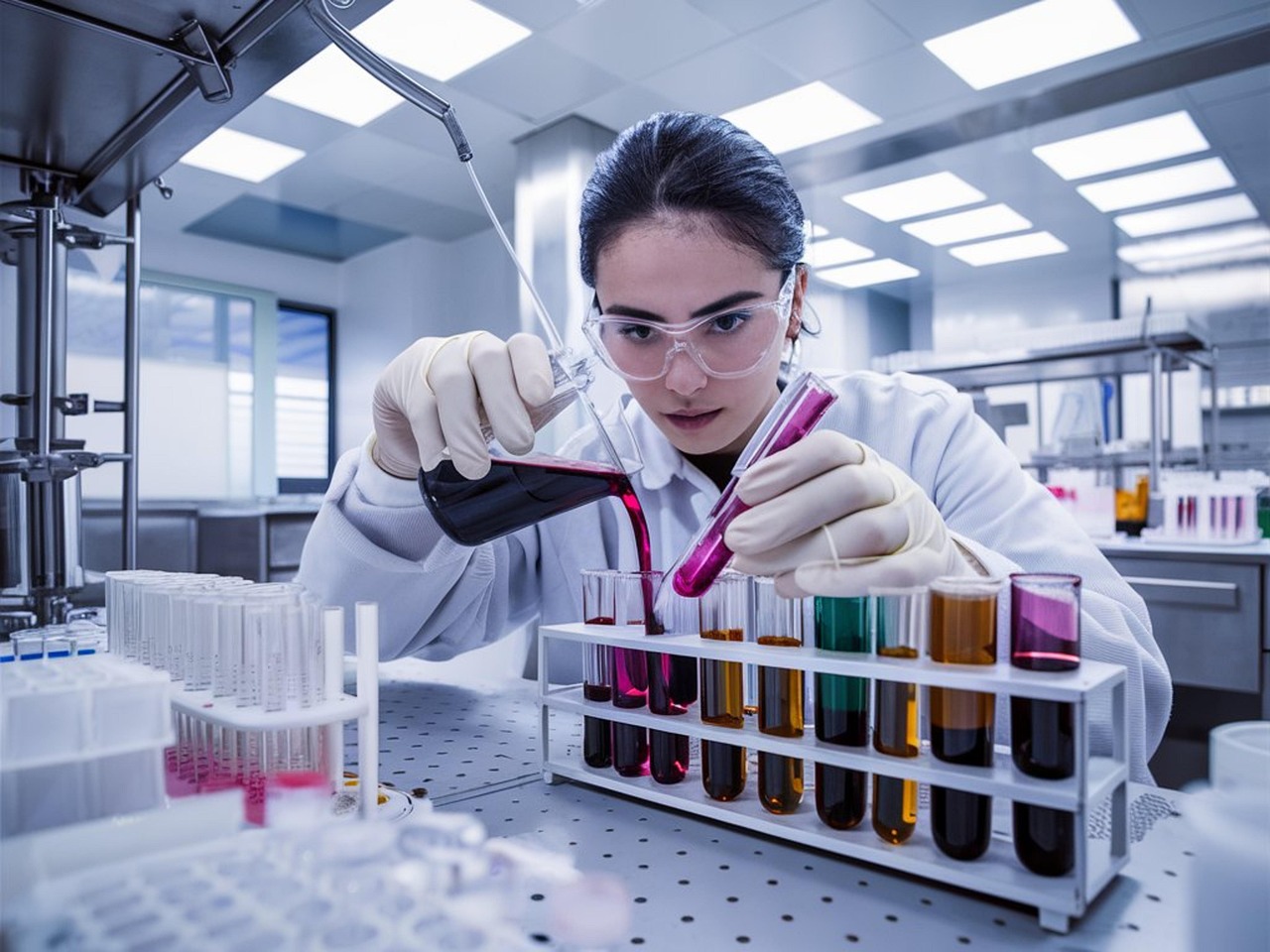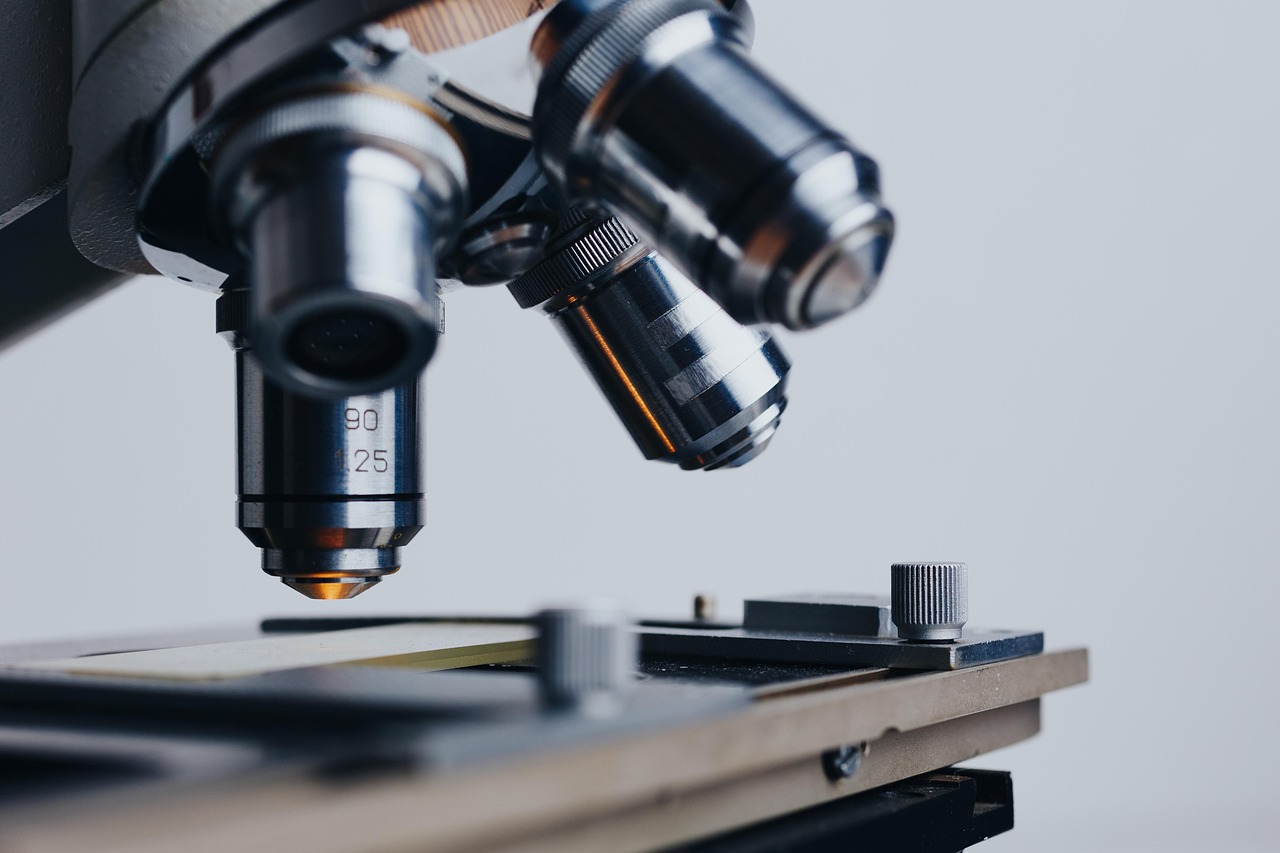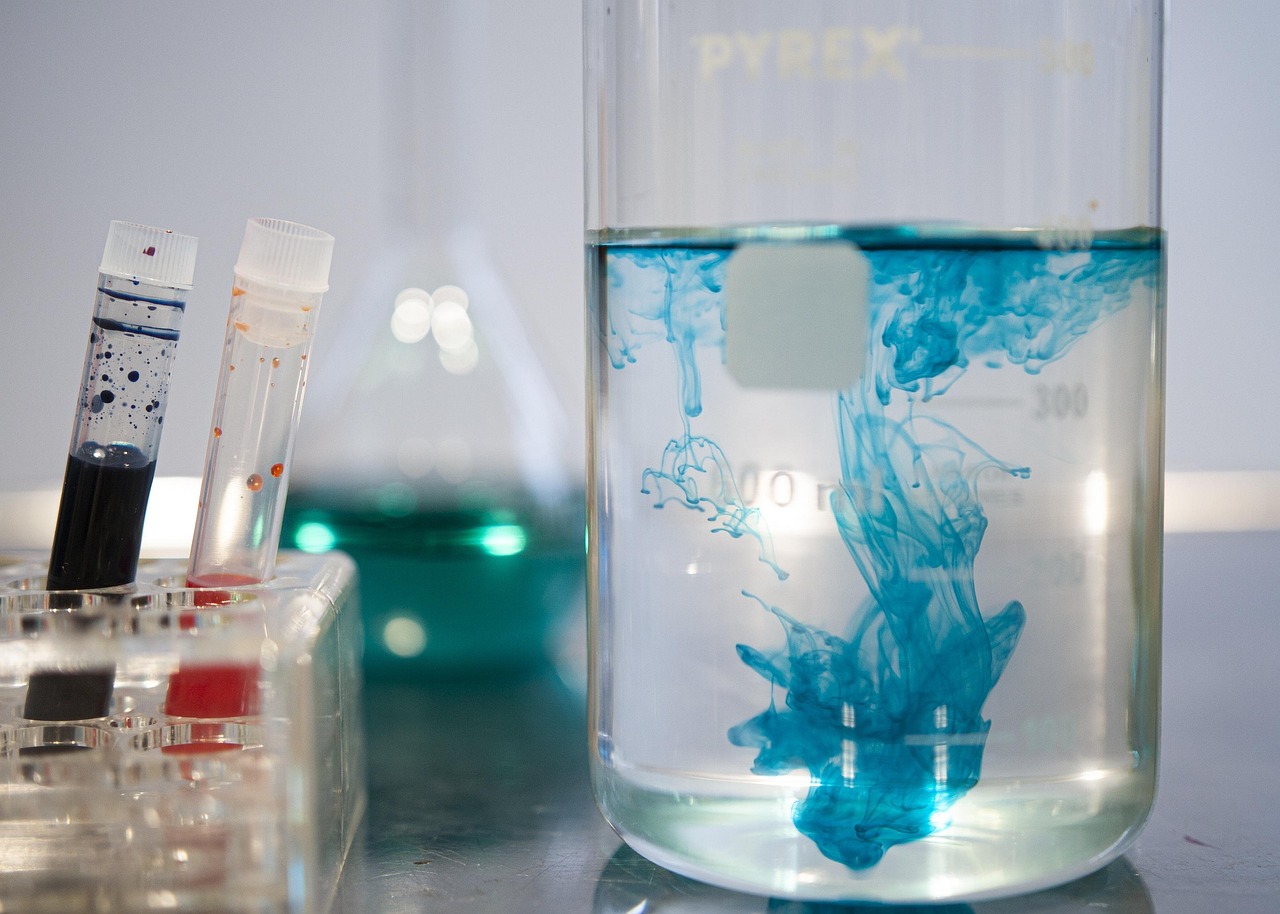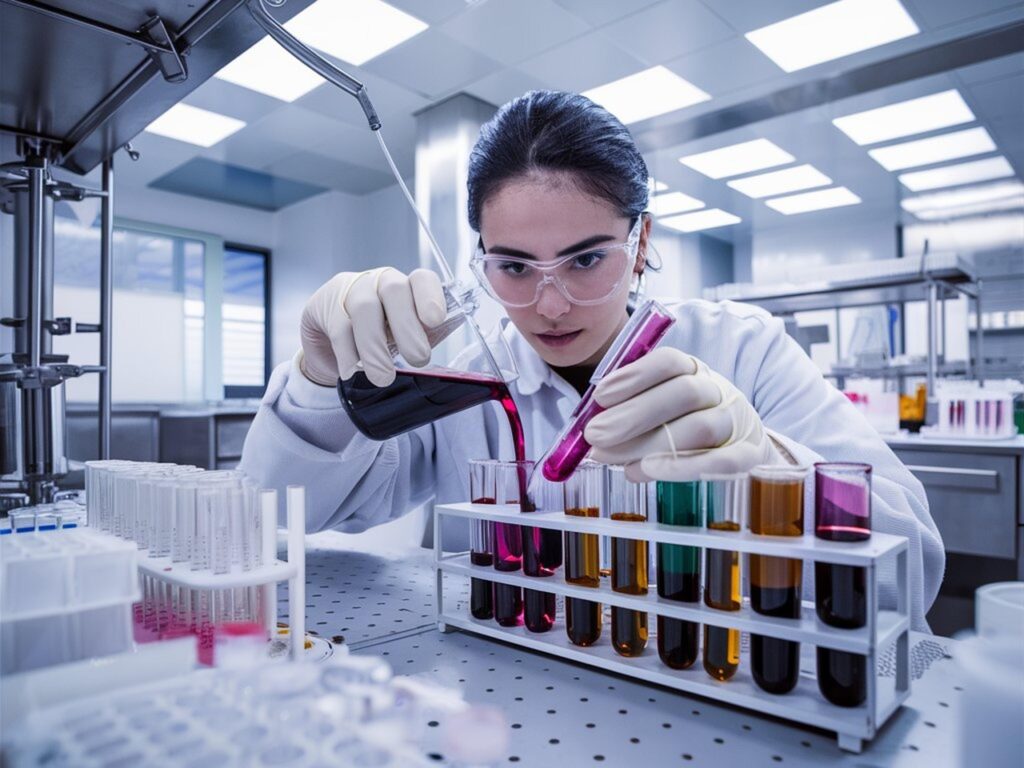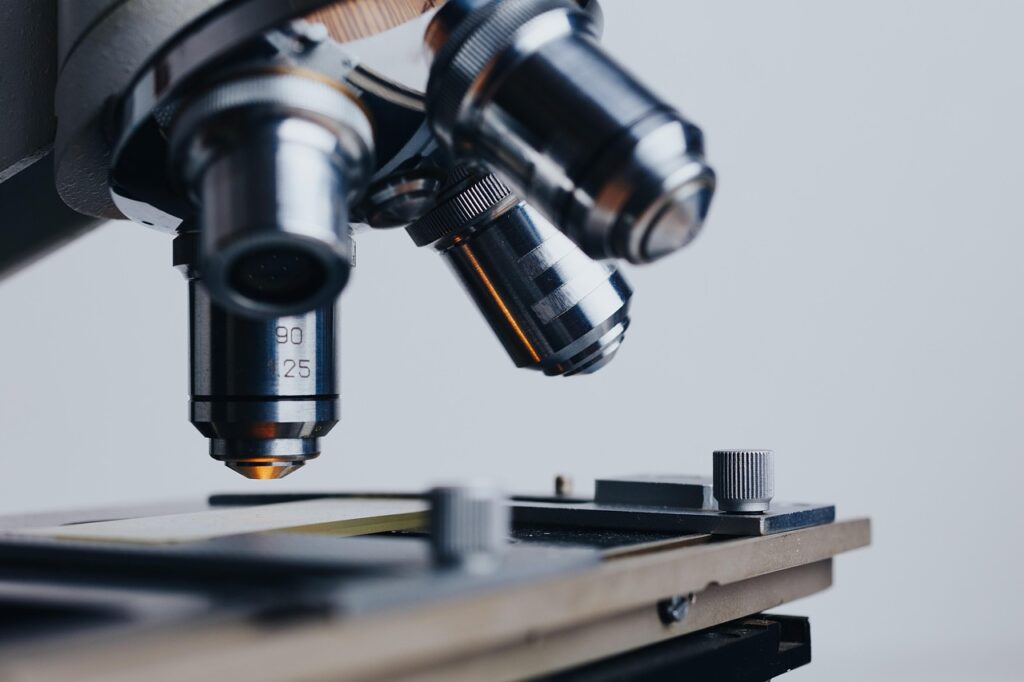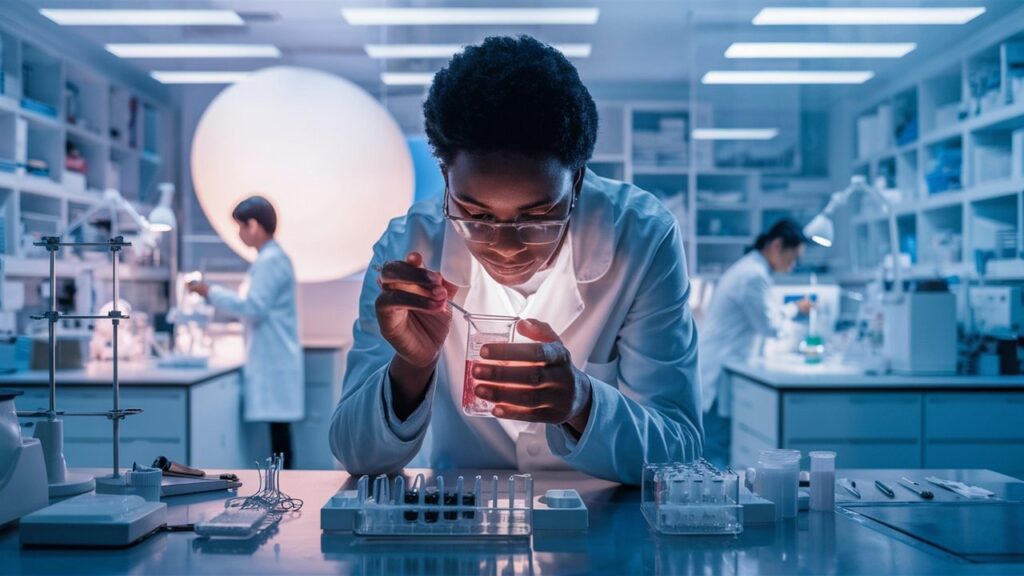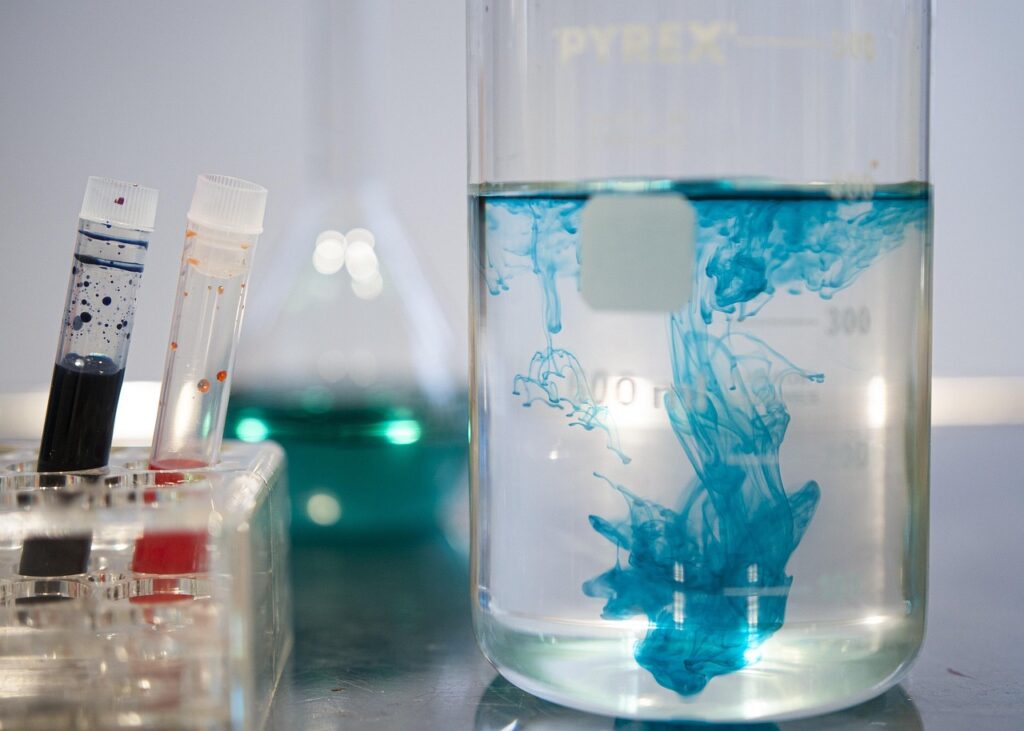It is more important than ever to ensure food safety in the fast-paced world of today, where food production and delivery are becoming increasingly complex. Food travels through several steps from farm to table, each of which has the potential to become contaminated. A food microbiology lab is extremely helpful in this situation. The foundation of food safety are these labs, which use cutting-edge methods to identify dangerous germs and guarantee that the food we eat is healthy, safe, and pathogen-free.
Understanding the Basics of Food Microbiology
It is crucial to comprehend the fundamentals of food microbiology lab before diving into the responsibilities of a food microbiology lab. The study of microorganisms that can impact the safety and quality of food, such as bacteria, viruses, yeasts, and molds, is the focus of the scientific field of food microbiology. Certain microbes are helpful in fermentation and food production, but others can lead to deterioration or pose serious health hazards if ingested.
Foodborne illnesses, often caused by pathogenic microorganisms, are a significant public health concern worldwide. According to the World Health Organization (WHO), unsafe food containing harmful bacteria, viruses, parasites, or chemical substances causes over 600 million cases of foodborne illnesses each year. This statistic underscores the vital need for rigorous food safety measures, which are largely carried out by Food Microbiology Labs.
The Core Functions of a Food Microbiology Lab
A Food Microbiology Lab performs several critical functions that collectively ensure the safety and quality of food products. These functions include:
1. Pathogen Detection
Pathogen detection is one of a food microbiology lab’s main responsibilities. Salmonella, E. Coli, Listeria, and Campylobacter are among the common pathogens that cause foodborne diseases. The laboratory employs a range of analytical techniques, such as molecular biology, immunoassays, and culture procedures, to detect and measure these microorganisms in food samples. It is essential to identify infections early on in order to stop contaminated food from getting to consumers.
2. Spoilage Detection
In addition to pathogens, Food Microbiology Labs also test for spoilage microorganisms. These microbes, while not necessarily harmful to human health, can cause food to deteriorate, leading to off-flavors, odors, and textures. By identifying spoilage organisms, the lab can help food producers take corrective actions to extend the shelf life of their products and maintain quality.
3. Environmental Monitoring
Monitoring the environment is an essential part of a food microbiology lab. This means doing microbiological contamination checks on equipment, surfaces, and the production environment. In food processing plants, contamination can spread fast from the surroundings to the food product, which makes environmental monitoring very important. Regular monitoring helps to maintain a clean industrial environment, which reduces the risk of food contamination.
4. Quality Control
Food Microbiology Labs are essential to the operations of quality control (QC). Before food goods are put on the market, quality control (QC) makes sure they adhere to strict safety and quality requirements. The laboratory regularly examines items for microbiological contamination to make sure they meet company and regulatory standards. In food microbiology, examining the efficacy of preservatives, processing methods, and storage conditions are further aspects of quality control.
5. Shelf-Life Testing
Ascertaining the duration of food items’ shelf life is an additional crucial duty of a Food Microbiology Laboratory. Testing for shelf life testing include examining the long-term effects of microorganisms on food under different storage circumstances. The lab can forecast how long a product will remain safe and of high quality by modeling real-world situations. Customers can use this information to securely keep and eat products for longer periods of time, and it is essential for labeling.
Advanced Techniques Used in Food Microbiology Labs
The role of a Food Microbiology Lab is supported by advanced techniques and technologies that enhance the accuracy and speed of testing. Some of the cutting-edge methods used in these labs include:
1. PCR, or polymerase chain reaction
A molecular biology method called PCR is used to amplify and find microorganism DNA. Food samples containing minimal quantities of microorganisms can be detected using this extremely sensitive approach. In food microbiology labs, PCR is frequently used to swiftly identify particular bacteria, viruses, or other organisms.
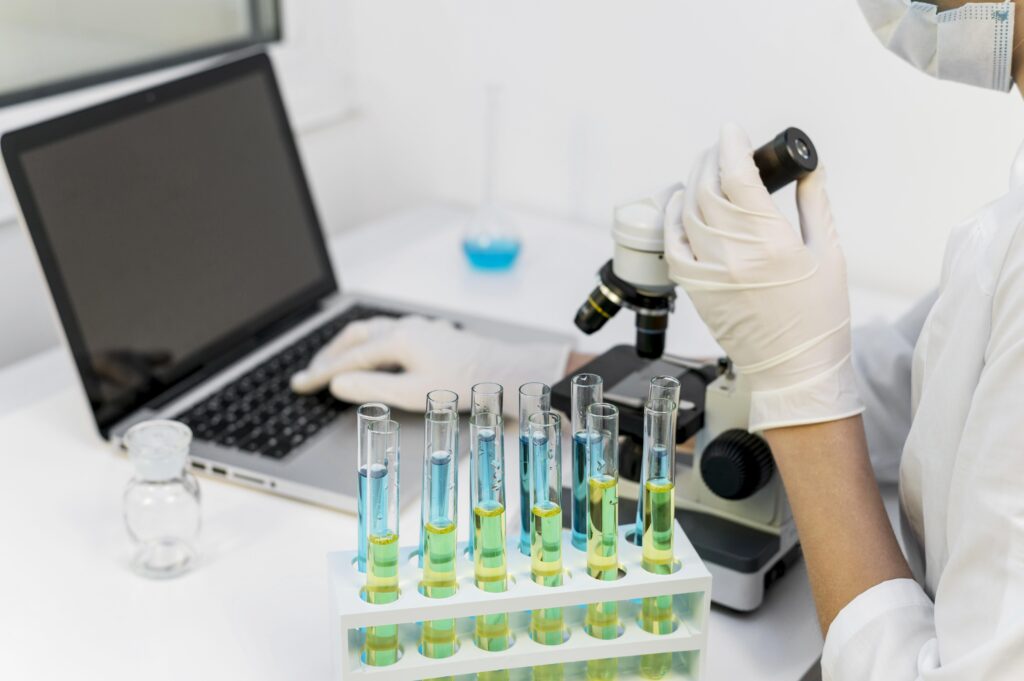
2. NGS, or Next-Generation Sequencing
NGS is a cutting-edge technique that makes it possible to quickly sequence whole genomes. NGS is useful in food microbiology since it can identify a variety of microorganisms in a single test. This method offers thorough information on the microbial population that exists in food, which is helpful in identifying the causes of contamination and comprehending microbial interactions.
3. Immunoassays
Immunoassays are biochemical tests that use antibodies to detect specific antigens, such as those found on the surface of pathogens. These tests are commonly used in Food Microbiology Labs for the rapid detection of foodborne pathogens. Immunoassays are highly specific and can be used for both qualitative and quantitative analysis.
4. Automated Microbial Detection Systems
Automation is becoming increasingly common in Food Microbiology Labs. Automated microbial detection systems use advanced sensors and software to rapidly screen large numbers of samples for microbial contamination. These systems reduce the time and labor required for testing, allowing labs to process more samples with greater efficiency.
The Importance of Regular Testing and Compliance
A food microbiology lab’s job is a continuous process that necessitates frequent testing and observation rather than a one-time effort. Food products should be tested at different phases of manufacture and distribution, especially those that are perishable or have a high risk of contamination. By doing this, it is ensured that any microbial contamination is found early on and that consumers are not exposed to dangerous items.
Another crucial component of food microbiology is adherence to food safety laws. The Food Safety and Standards Authority of India (FSSAI) is responsible for overseeing food safety in the country by establishing guidelines for food products and procedures. Food Microbiology Labs’ accurate and dependable testing services are essential in assisting food businesses to adhere to these laws. Frequent testing promotes consumer confidence in the safety and caliber of food products in addition to aiding in compliance maintenance.
The Future of Food Microbiology Labs
Food microbiology labs will become more crucial to maintaining food safety as the food industry develops. The industry will see innovation as a result of the need for quicker, more accurate testing procedures. It is anticipated that technologies like machine learning and artificial intelligence (AI) will significantly improve these laboratories’ capabilities by allowing them to process and analyze enormous amounts of data fast and reliably.
Furthermore, as customers become more conscious of food safety, they will probably expect more accountability and openness from food producers. Food Microbiology Labs will lead this movement by offering the information and analysis required to guarantee that food items are safe and uphold the highest standards of quality.
Conclusion
In conclusion, the role of a Food Microbiology Lab in ensuring food safety cannot be overstated. These labs are essential for detecting harmful microorganisms, preventing foodborne illnesses, and ensuring that food products meet regulatory standards. With the ongoing advancements in testing technologies and the increasing importance of food safety, Food Microbiology Labs will continue to be a critical component of the global food industry, safeguarding public health and contributing to the overall quality of the food we consume.

